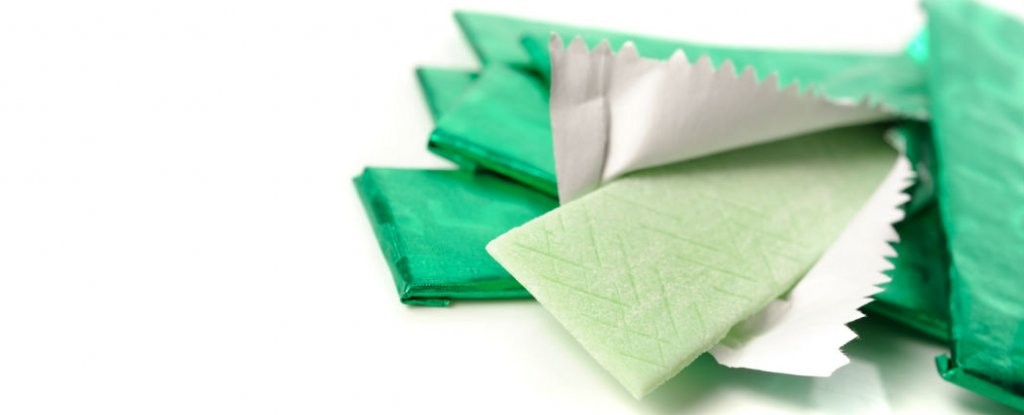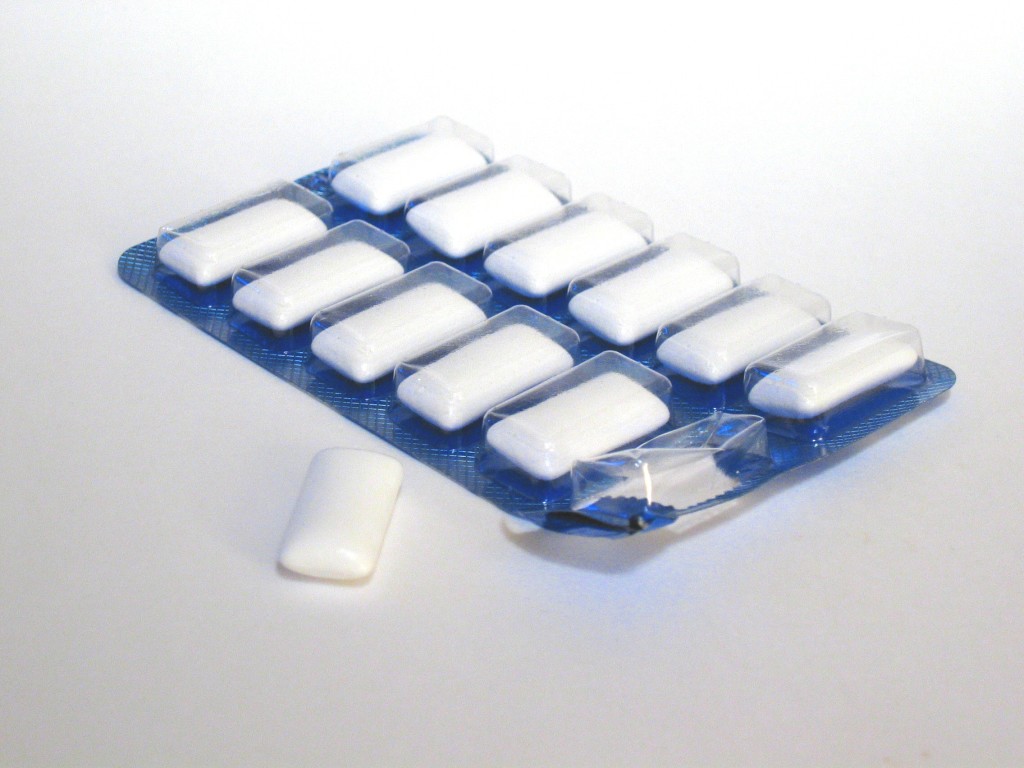PRINTED IN TCI WEEKLY NEWS
February 27th 201
A new study has recently been published in the UK which appears to show the benefit of chewing sugar- free gum as part of your dental hygiene regime. The study was conducted by the Peninsula Dental School at Plymouth University and The Wrigley Company, which, as a company that produces chewing gum, you cannot be criticized for thinking has a rather vested interest in demonstrating this benefit. So, what really is the truth here?
Firstly, I would state that nothing should replace brushing teeth with a fluoride toothpaste twice a day. This is the primary and most important step you can take in maintaining great oral hygiene and thus a healthy teeth and gums. Chewing sugar-free gum is no substitute for this! Regular dental check-ups are also vital in maintaining good dental health and ensuring any potential problems are identified and rectified early.
However, the British Dental Health Foundation recommends that, while brushing for two minutes, twice a day is still the best way to keep teeth clean and healthy, for children over the age of seven, chewing sugar-free gum during the day can be effective in neutralising harmful plaque acids and reducing the risk of decay.
Chewing sugarfree gum after eating and drinking increases the production of saliva, which helps to wash away food particles and neutralise harmful plaque acids which, over time, can weaken teeth and lead to tooth decay. It also promotes the remineralisation of tooth enamel. These benefits are also recognised by the World Dental Federation and endorsed by the British Dental Health Foundation.
 Tooth decay is preventable but treating it is an increasing burden on the UK NHS and for personal family finances. The latest UK Government figures show that young people iexperience unacceptably high levels of tooth decay and that it can have a real impact on their self-esteem as well as their health, with 35% of 12 year olds reporting being embarrassed to smile or laugh due to the condition of their teeth.
Tooth decay is preventable but treating it is an increasing burden on the UK NHS and for personal family finances. The latest UK Government figures show that young people iexperience unacceptably high levels of tooth decay and that it can have a real impact on their self-esteem as well as their health, with 35% of 12 year olds reporting being embarrassed to smile or laugh due to the condition of their teeth.
Professor Liz Kay of Peninsula Dental School, (Plymouth University Peninsula Schools of Medicine and Dentistry) and co-author of the study says: “The findings of this study are hugely exciting as they reveal a new and easy way of helping people improve their oral health. Clinical evidence has already proved that sugarfree gum can help prevent caries and now we can also see a clear financial advantage.” Her comments are in relation to the savings that could be made in the UK National Health System, but can relate equally to each of us and our pockets.
Dr Mike Dodds, Lead Oral Health Scientist at Wrigley comments: “This study demonstrates the role that sugarfree gum can play in preventing dental decay. Wrigley is committed to supporting people across the UK to improve their oral health through the simple step of chewing sugarfree gum after eating and drinking, especially while they’re on the go.”
So in summary, using sugar-free gum can be beneficial in maintaining good dental health but never trade this off for simple tooth- brushing and regular dental visits.